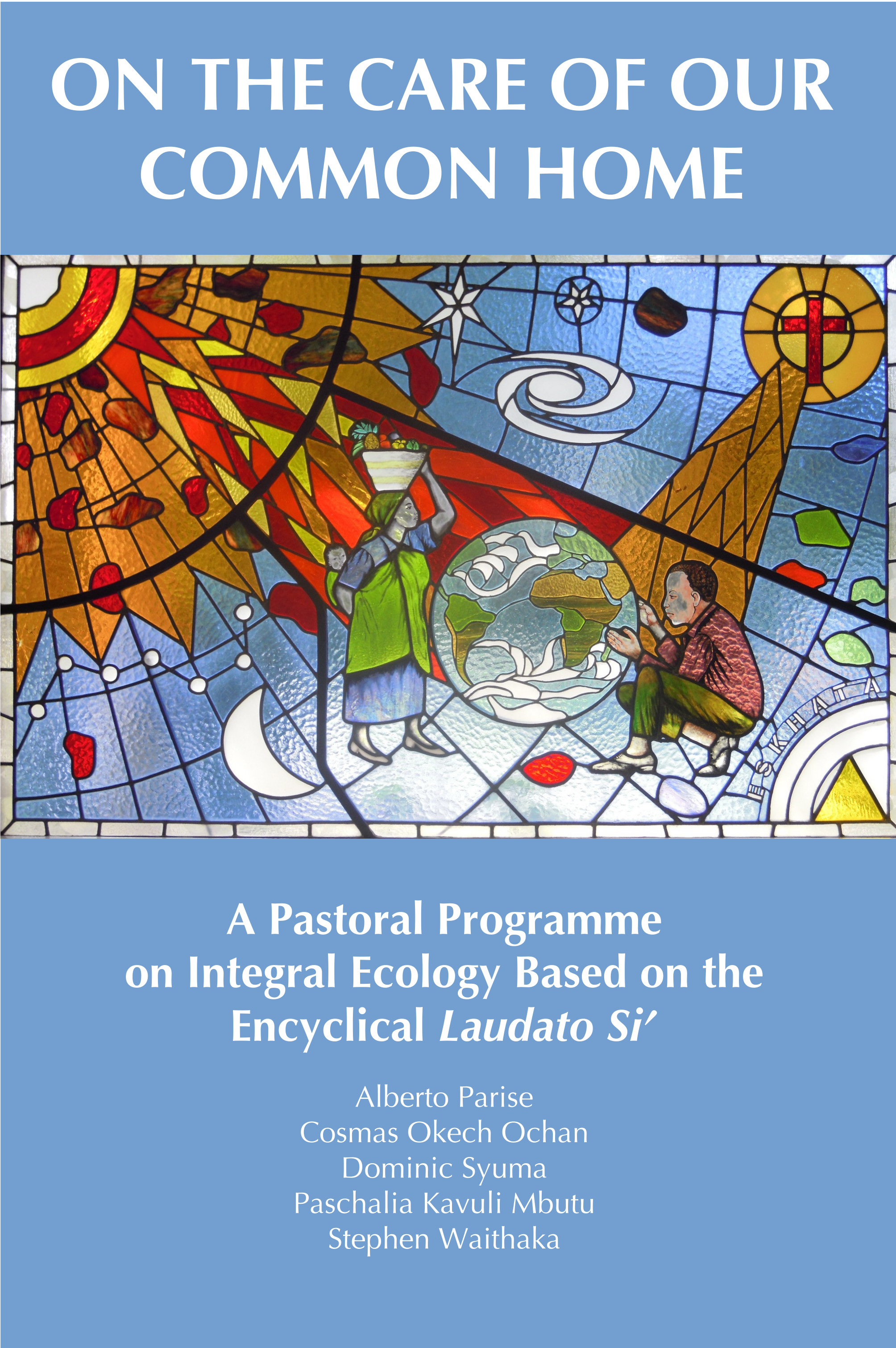Decolonize Climate Action
At COP27 we as VIVAT delegates met and interacted with the delegation of Indigenous Peoples, one of the 9 non-Party Constituencies recognised by the United Nations Framework Convention on Climate Change. Their presence and activities have been highly inspirational for me, and provoked a sort of soul searching urge. Their message was simple and clear: we need to decolonise climate action!
Indigenous Peoples have been among the first to denounce climate change and its impacts, about 50 years ago, based on knowledge and observations shared by their elders and knowledge keepers, and on their intimate relationship with the natural world. In fact, the Rio Declaration on Environment and Development (1992) recognised that “indigenous people and their communities have a vital role in environmental management and development because of their knowledge and traditional practices”.
Since then and the adoption of the UN Declaration on the Rights of Indigenous Peoples in 2007, there has been growing recognition of such a unique role. However, when it comes to climate negotiations, Indigenous Peoples have no voice. Despite advocating for being recognised as a legitimate party in the negotiations since the 1970s, the nature of UN processes has structurally excluded their participation, especially as Indigenous Nations and Indigenous Governments, as the multilateral system is premised on the concept of “Nation-States”.
However, in 2008 they have been recognised with the establishment of the International Indigenous Peoples Forum on Climate Change. Since the adoption of the Paris Agreement in 2015, Indigenous Peoples have pushed for the inclusion of their knowledge, their rights and governance in the design and implementation of climate action at all levels. Over the last few years, the COPs have promoted the participation of Indigenous Peoples and the consideration of their knowledge.
COP26 in Glasgow, brought the highest achievement in emphasising the important role of indigenous peoples culture and knowledge in effective action on climate change, and urged Parties (the States) to actively involve them in designing and implementing climate action. The Glasgow Climate Pact was also accompanied by the encouraging pledge of 1.7 billion USD by various donors for Indigenous Peoples. COP26 was by no means perfect, but Indigenous Peoples did come away with a view that they were listened to and, crucially, that financial support for them to protect their own lands from environmental degradation would be forthcoming.
This notwithstanding, the inclusion of Indigenous Peoples in climate governance depends on the will of State actors upholding the “party driven” process. In other words, recognition of indigenous rights and self-determination remain a challenge.
COP27 has been a disappointing experience. Indigenous Peoples representatives spent most of their time struggling to be heard, and there was even some backtracking on previous commitments with a tendency to lump Indigenous Peoples into a generic “communities” grouping rather than recognising their explicit traditional rights and roles in land guardianship. Negotiators failed to recognise the core demands of Indigenous Peoples: attempts to get wording in the Loss and Damage agreement to include Indigenous People in decision-making and to reference their human rights were unsuccessful.
At first, Indigenous rights were mainstreamed across all COP27’s agenda items. Various countries very ambitiously advocated for human rights and the rights of Indigenous Peoples. Yet as the negotiation process went on, and especially in the final days when there were a lot of agenda items still not concluded, countries began to compromise. Negotiators generally steered away from discussions of human rights.
In many respects, climate governance needs to be decolonised. First of all, there must be a recognition of the root cause of the problem, which is the structural legacy of colonialism and capitalism. That is, an economic system based on indefinite growth, which is utterly unsustainable. Most of the so called “solutions” to the climate crisis fall within that economic paradigm, hence reproducing problem instead of resolving it. There must be a shift from an extractive economy to an economy of care and stewardship.
Stewardship economies call for a paradigm change in development and are built on the stewardship of land and nature by Indigenous Peoples and local communities. This creates the potential for new, radically improved collective outcomes that can address the diverse crises humanity faces: climate change, rapid species extinction, increasing inequality, injustice and insecure livelihoods, and vulnerability to extreme weather events.
The respect and promotion of Human Rights and of the rights of Indigenous Peoples, including their right to self-determination, are key to the decolonization of the process. For example, plans for mitigation of carbon emissions and adaptation to climate change must consider how activities and decisions may affect the most vulnerable groups and ecosystems, and Indigenous Peoples’ rights, knowledge systems, practices and ways of life.
All plans and means of implementation of climate action must be decided and implemented based on free, prior and informed consent. In fact, equal participation must be granted to Indigenous Peoples at all levels, from decision making, to planning, implementation, monitoring and evaluation. This should also include their direct access to funds, instead of trickling them down through intermediaries.
Last but not least, decisions must state how indigenous jurisdiction is integrated into climate policy, namely, how Indigenous Peoples’ land and water rights and governance systems are respected. Climate action also needs to promote processes of co-production of knowledge through respectful ethical, and equitable collaboration and partnership with Indigenous Peoples and their knowledge holders, considering all components of indigenous knowledge systems, including values, worldviews, traditions and customary laws.
Alberto Parise MCCJ – VIVAT International’s delegate at COP27




